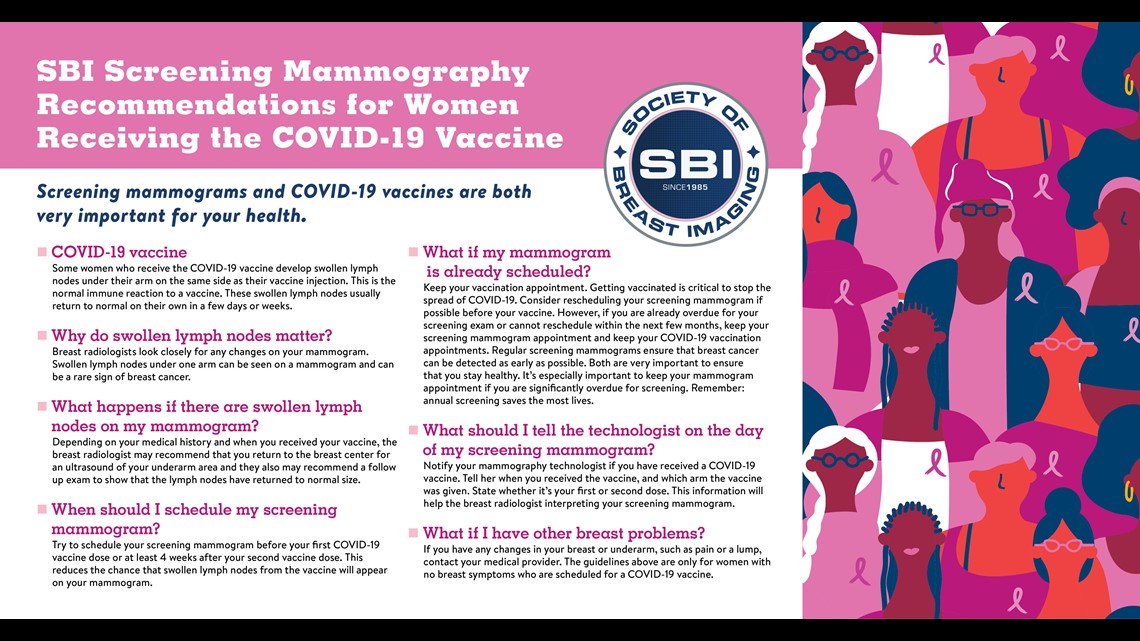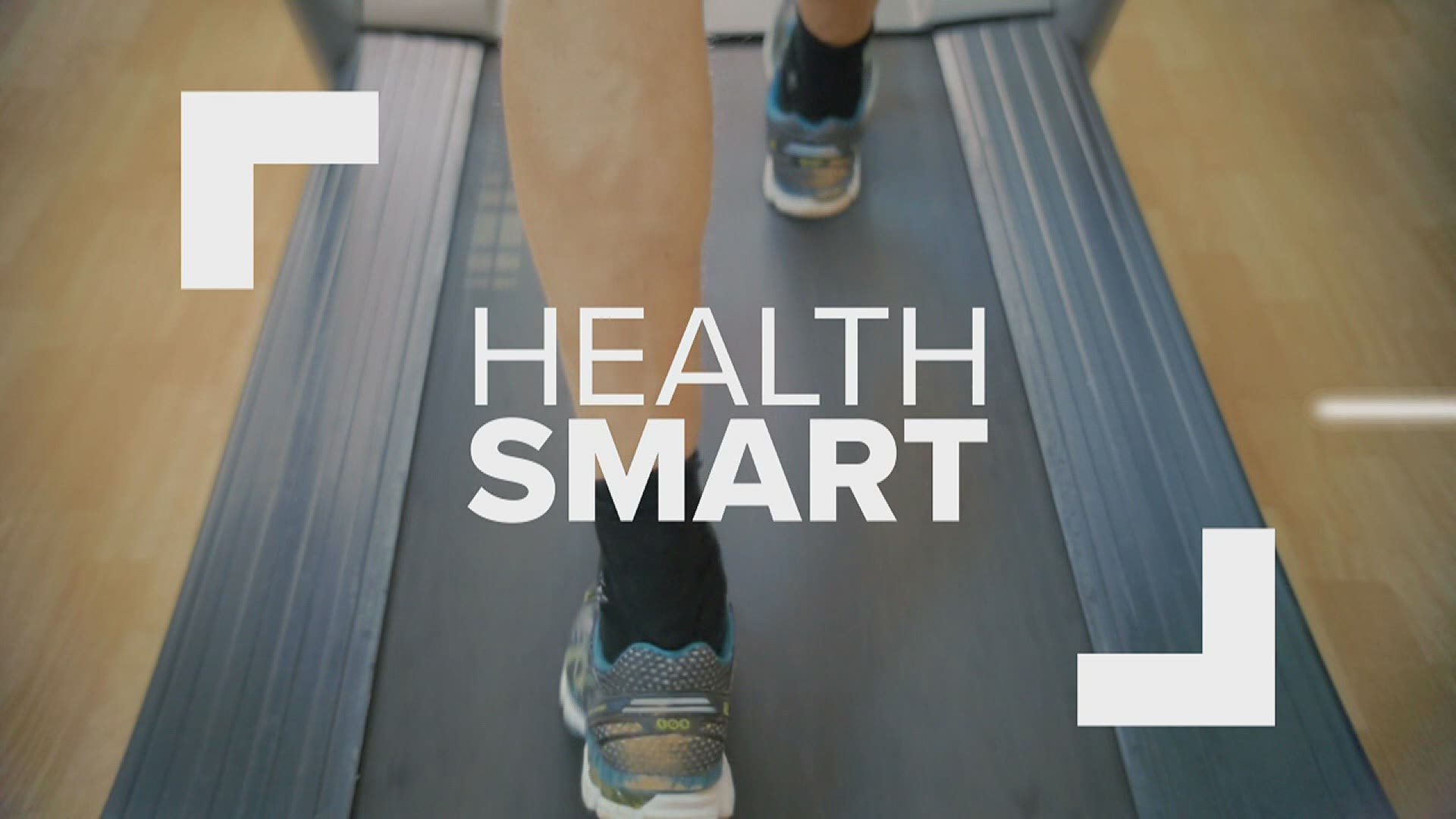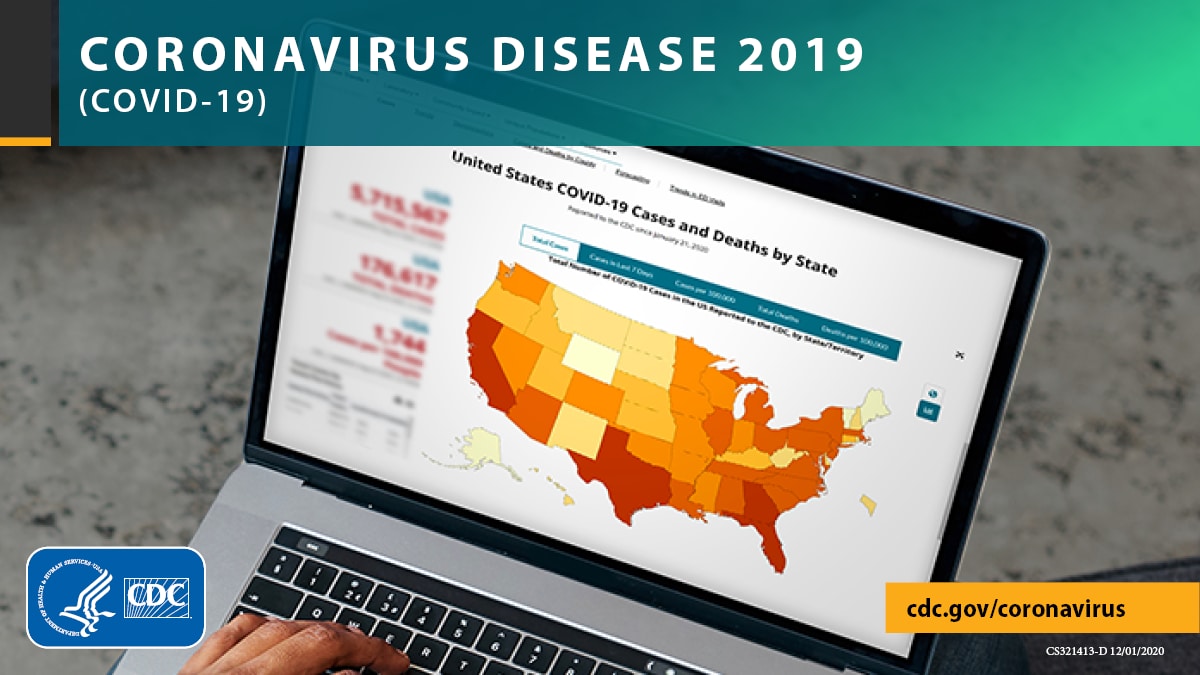YORK, Pa. — The Centers for Disease Control and Prevention says one of the possible side effects from both COVID-19 vaccine can look like something much more serious: breast cancer. The situation has caused experts to create new guidelines regarding mammograms. FOX43 talked with one York County woman who experienced swollen lymph nodes.
"I had a rash on my arm at the injection site, started maybe the day after, it was red and swollen," said Chelsea Albert of York County. She got her first dose of the COVID-19 vaccine without any major problems. However, after the second dose it progressed into her armpit and into her breast area.
It was swollen lymph nodes and at first, she thought she was having a heart attack. She quickly found out that her body's reaction actually meant the vaccine was working, making antibodies to fight the COVID-19 virus.
The Centers for Disease Control and Prevention says about 11 percent of people who get the vaccine will experience swollen lymph nodes 2 to 4 days after getting their first dose. That number goes up to 16 percent after the second.
The real scare, is that enlarged lymph nodes in that area of the body can also be a sign of breast cancer. Because of that, the Society of Breast Imaging has released new mammogram guidelines.


They say women should schedule their yearly imaging for either before getting the first COVID-19 vaccine, or 4-6 weeks after the second. That way, there won't be any false alarms or confusion over mammogram results.
"It wasn't necessarily a throbbing pain or you know anything awful like that, it was just full and annoying," Albert said. She also said if that's what she had to experience to get her life back to normal, it was definitely worth it.
So let's recap:
Experts say a swollen lymph node in an armpit or breast *after a vaccine isn't cause for concern. However, if it lasts longer than a few weeks or becomes hard or rubbery, contact your doctor immediately.
Researchers also say it's also extremely important that you report any vaccine side effects to your healthcare provider.
You can also report vaccine side effects to the FDA/CDC Vaccine Adverse Event Reporting System (VAERS). The VAERS toll-free number is 1-800-822-7967 or you can even report it online here.


